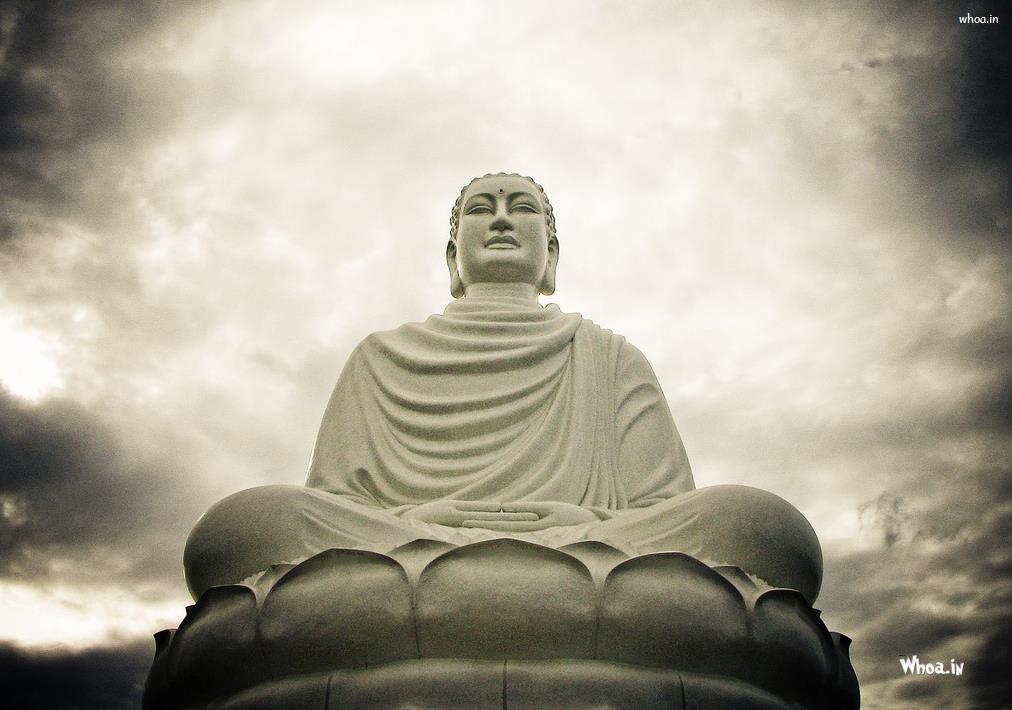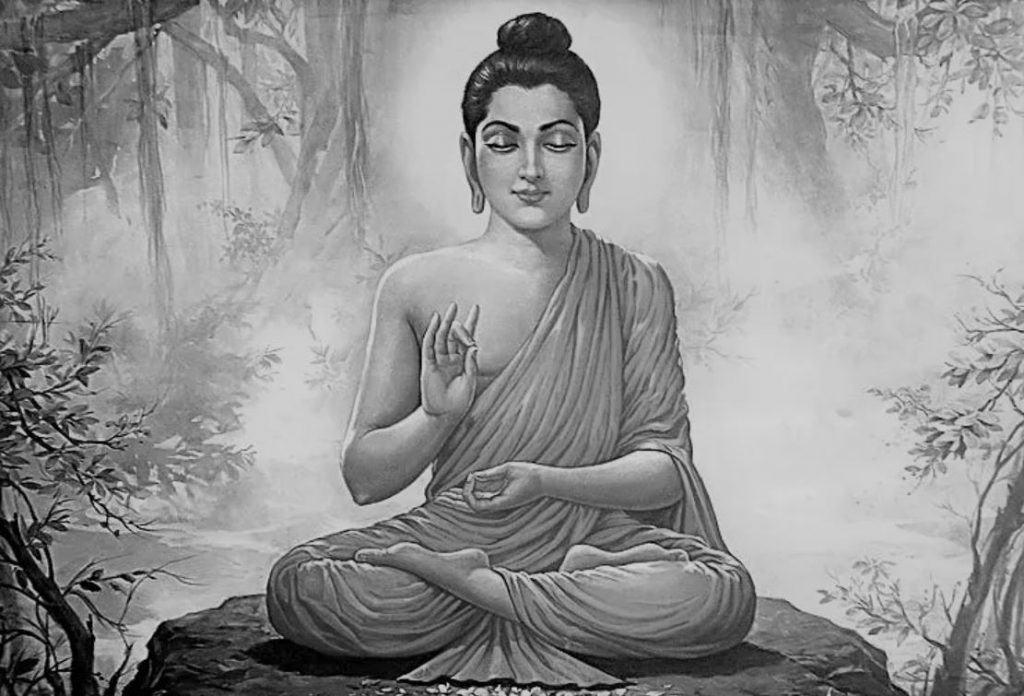Lord Buddha, also known as Siddhartha Gautama, is one of the most revered spiritual leaders in the world. Born in ancient India over 2,500 years ago, he founded Buddhism, a religion that has influenced millions of people across the globe. The life and teachings of Lord Buddha are shrouded in mystery and controversy, with many different interpretations and beliefs about his legacy.
In this article, we will explore the history and controversies of Lord Buddha, from his early life to his teachings and impact on society. We will also examine some of the challenges that Buddhism has faced throughout history, and its role in shaping the world we live in today.
History
Lord Buddha was born in Lumbini, Nepal, in the 5th century BCE. He was born into a wealthy family and was raised in luxury, shielded from the hardships of the outside world. However, he was deeply affected by the suffering he witnessed when he ventured outside the palace walls.
At the age of 29, Lord Buddha left his privileged life behind and set out on a spiritual journey. He spent several years meditating and studying under various teachers, but he was dissatisfied with their teachings. Eventually, he achieved enlightenment while meditating under a Bodhi tree, and he became known as the Buddha, which means “the enlightened one”.
Lord Buddha spent the rest of his life teaching his philosophy and spreading his message of peace, compassion, and nonviolence. He attracted a large following and his teachings were recorded in the form of sutras, which are still studied by Buddhists today.
Controversies
Despite the widespread admiration for Lord Buddha and his teachings, there have been controversies surrounding his life and legacy. Some of these controversies include:
- The authenticity of his teachings: Some scholars argue that the teachings attributed to Lord Buddha were actually developed by his followers after his death.
- The status of women in Buddhism: Although Lord Buddha was known for his compassion and equality, some argue that women have been marginalized in Buddhist societies throughout history.
- The role of violence in Buddhism: While Lord Buddha preached nonviolence and compassion, there have been instances of violence committed by Buddhists throughout history.
These controversies highlight the complexities and challenges associated with Buddhism as a religion and philosophy.
Impact
Buddhism has had a profound impact on society and culture throughout history. Some of the ways in which it has influenced the world include:
- The spread of Buddhism: Buddhism has spread to many countries around the world, and it is estimated that there are over 500 million Buddhists today.
- Art and literature: Buddhist art and literature have had a significant influence on the world, with Buddhist themes appearing in everything from poetry to sculpture.
- Philosophy and psychology: Buddhist philosophy and psychology have had a major impact on Western thought, with mindfulness and meditation becoming increasingly popular in recent years.
Challenges
Despite its many contributions to society, Buddhism has faced challenges throughout history. Some of the challenges it has faced include:
- Persecution: Buddhists have been persecuted throughout history, from the destruction of Buddhist monasteries in ancient India to the repression of Buddhism in Tibet.
- Misinterpretation: Like many religions, Buddhism has been subject to misinterpretation and misrepresentation, leading to misunderstandings and conflicts.
- Modernization: As Buddhism has spread to the West and other parts of the world, it has faced the challenge of adapting to modern society while maintaining its traditional values.





Comment here